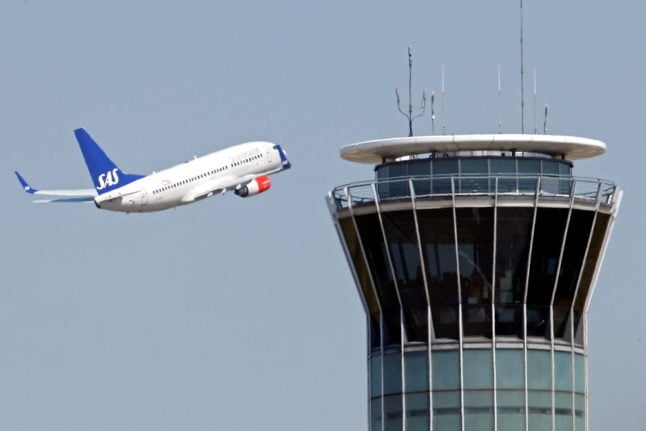The earnings report came a day after the governments of Sweden and Denmark announced another round of aid to the ailing carrier.
From February to April, SAS booked a net loss of 2.43 billion Swedish kronor ($292 million, 240 million euros) — 30 percent smaller than in the second quarter last year.
The company also reported an improved operating profit “for the first time since the pandemic’s outbreak, both year-on-year and compared with the previous quarter,” pointing to its cost cutting efforts.
However, the number of passengers in the period declined by 140,000 compared to the first quarter, to 857,000.
This caused revenue to fall to 1.93 billion kronor, a 15 percent drop from the preceding quarter and 63 percent from a year earlier.
“The increase in vaccination rates provides some hope for the relaxation of restrictions, and an increase in demand ahead of the important summer season,” chief executive Karl Sandlund said in a statement.
However, the CEO also noted that “many customers are now increasingly choosing to book their tickets much closer to their travel dates, which makes it difficult to predict demand during the summer.”
SAS also said it expected claims from passengers of up to 150 million kronor after a European court ruled in March that customers should be compensated over disruptions due to a pilots’ strike in 2019.
After cutting 5,000 jobs last year — representing 40 percent of its workforce — SAS announced Wednesday an additional credit line of three billion kronor from the Danish and Swedish governments, its main shareholders, to get through the crisis.
The airline received a similar loan and a capital increase last year.
READ ALSO: Virus-stricken airline SAS secures new public loan from Denmark and Sweden



 Please whitelist us to continue reading.
Please whitelist us to continue reading.
Member comments